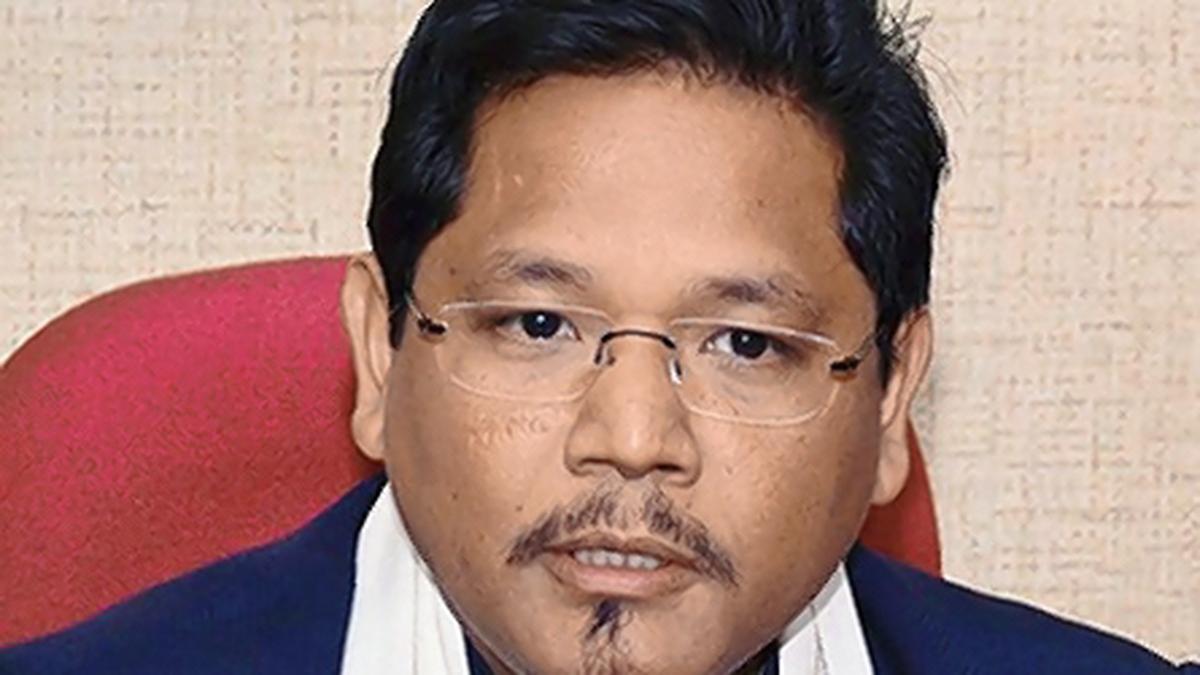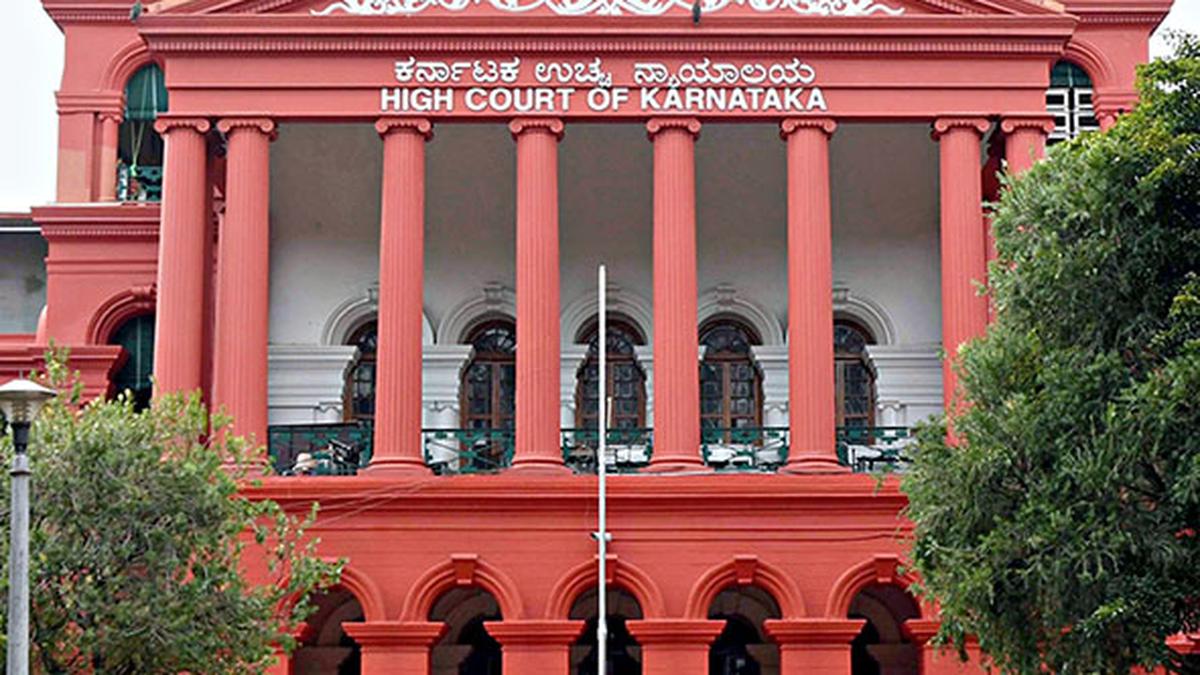Now Reading: Meghalaya CM Sangma Urges Vigilance on Infiltration During Assam Eviction Drive
-
01
Meghalaya CM Sangma Urges Vigilance on Infiltration During Assam Eviction Drive
Meghalaya CM Sangma Urges Vigilance on Infiltration During Assam Eviction Drive

Quick Summary
- Meghalaya Chief Minister Conrad K. Sangma has instructed officials to collaborate with NGOs and customary heads to prevent the entry of individuals evicted during Assam’s eviction drives into Meghalaya.
- A high-level meeting was held on July 24, 2025, involving Deputy Commissioners, Chief Secretary D.P. Wahlang, Director General of Police Idashisha Nongrang, and other officials to discuss surveillance measures along the interstate border.
- The meeting emphasized heightened border security and coordination among district officials, traditional heads, NGOs, and Village Defense Parties.
- The directive from Additional Chief Secretary (Home),shakil P. Ahamed, urged vigilance against potential influxes following Assam’s eviction operations.
- Recent concerns have arisen over spillover effects from Assam’s eviction drives near western regions bordering Goalpara and South Salmara-Mankachar districts in Meghalaya.
- Assam conducted a major eviction operation in Goalpara’s Paikan Reserve Forest that resulted in one person’s death due to police firing.
- As June 2025, over 50,000 people-mostly Muslims with Bangladeshi origins-have reportedly been evicted across parts of Assam.
- Nagaland and Manipur have also intensified measures along their borders with Assam; nagaland reported deportation of individuals entering its Niuland district via more than 200 vehicles.
Read more: The Hindu Article
Indian Opinion Analysis
meghalaya’s proactive steps reflect wider concerns regarding cross-border migration triggered by large-scale eviction drives conducted by neighboring states like Assam. Coordination among various stakeholders-including traditional authorities and NGOs-is a sensible approach to maintaining law and order while addressing the complexities posed by displaced populations.
Assam’s extensive evictions underline pressing challenges related to illegal encroachments but have notable regional implications for neighboring states like Meghalaya-especially given shared borders prone to movement under duress. Moreover, the reported demographic aspects raise sensitive political questions within India’s Northeast region that policymakers must address prudently.
Neighboring states such as Nagaland are taking similarly vigilant actions given associated risks of spillovers undermining stability or straining resources in border communities already grappling with socio-economic challenges. Coordinated inter-state discussions could be pivotal going forward as India navigates these intertwined issues affecting governance at local levels without escalating tensions further within vulnerable regions.























